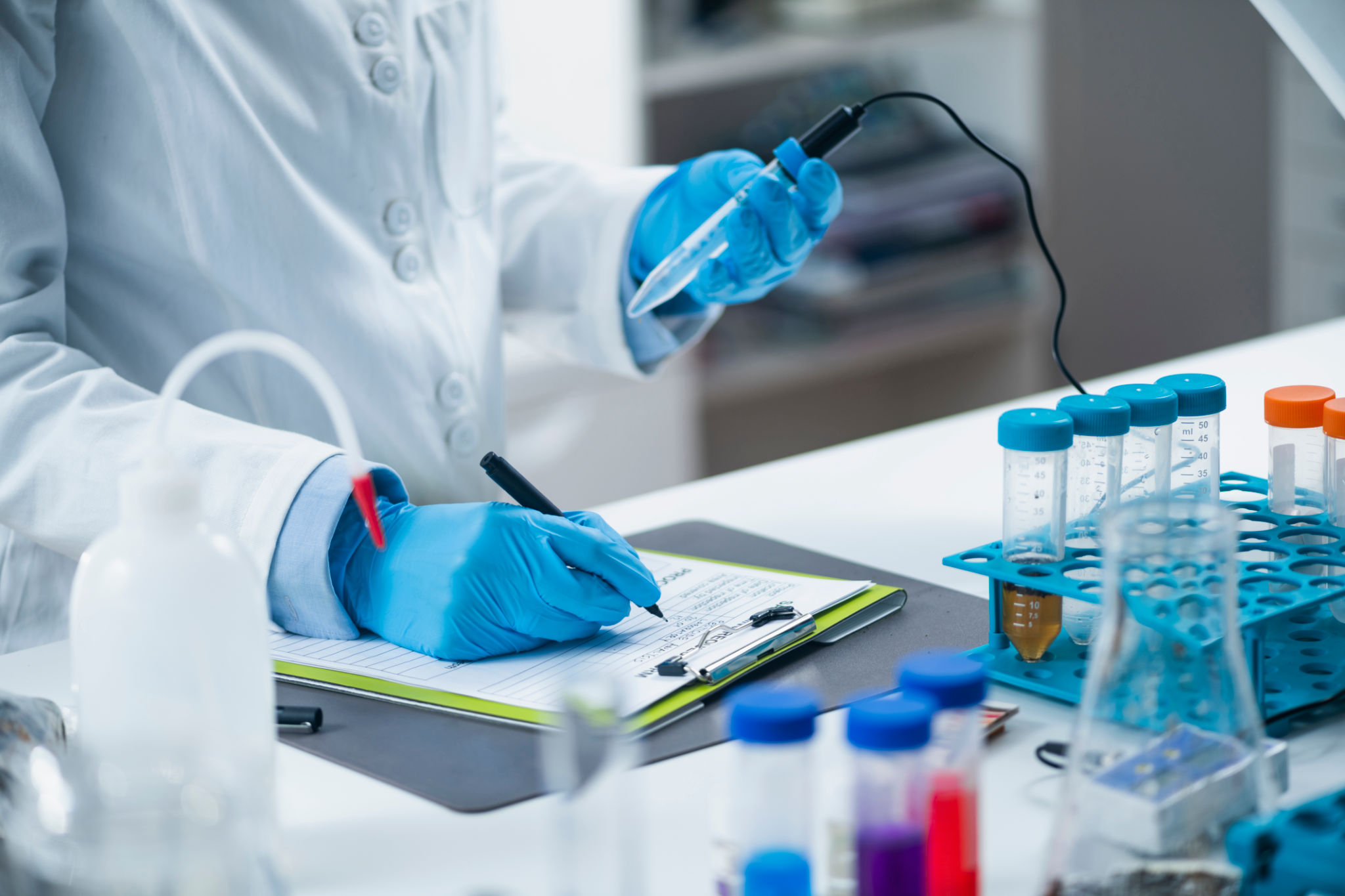Understanding NABL Certification and Its Importance in Diagnostic Centers
Understanding NABL Certification
NABL, short for the National Accreditation Board for Testing and Calibration Laboratories, is an autonomous body under the Department of Science and Technology, Government of India. NABL provides accreditation to laboratories that perform tests and calibrations in accordance with international standards. This certification is crucial in ensuring that diagnostic centers deliver accurate and reliable test results, which can significantly influence patient care and treatment outcomes.
For diagnostic centers, achieving NABL certification means they have met stringent criteria set by international standards for quality and competence. This not only enhances the credibility of the diagnostic center but also builds trust among patients and healthcare professionals. The accreditation process involves a detailed assessment of various aspects of laboratory operations, including staff qualifications, equipment calibration, and testing procedures.

The Importance of NABL Certification
NABL certification plays a critical role in the healthcare sector by ensuring that diagnostic centers maintain high-quality standards. One of the main reasons this certification is important is because it guarantees the accuracy and reliability of test results. Inaccurate test results can lead to misdiagnosis, inappropriate treatments, and potentially severe health consequences for patients.
Moreover, accredited diagnostic centers are more likely to have well-maintained equipment and trained staff, thereby reducing the likelihood of errors. This is particularly important for complex tests that require precise measurements and interpretations. By adhering to NABL standards, diagnostic centers demonstrate their commitment to quality, which can lead to increased patient confidence and satisfaction.

Benefits for Diagnostic Centers
NABL certification provides several benefits to diagnostic centers. Firstly, it helps improve the overall quality of services offered by the center. By undergoing regular assessments and audits, centers can identify areas for improvement and implement necessary changes. This continuous improvement process ensures that they remain at the forefront of diagnostic excellence.
Secondly, NABL accreditation can enhance a center's reputation in the healthcare industry. It serves as a mark of quality and reliability that can attract more patients and partnerships with healthcare providers. Additionally, some insurance companies and government health schemes may require NABL certification for reimbursement purposes, making it a valuable asset for diagnostic centers looking to expand their services.

How to Achieve NABL Certification
For diagnostic centers aiming to achieve NABL certification, there are several steps involved in the process. Initially, a center must prepare by understanding the specific requirements outlined in the NABL standards. This involves reviewing current practices and aligning them with the criteria set by NABL.
Next, centers must submit an application to NABL, followed by a thorough assessment conducted by qualified assessors. This assessment evaluates various aspects such as management practices, technical competency, and equipment maintenance. If any non-conformities are identified during this process, centers must address these issues before receiving accreditation.
Maintaining NABL Certification
Once a diagnostic center achieves NABL certification, maintaining it is an ongoing commitment. Accredited centers must undergo regular surveillance assessments to ensure continued compliance with NABL standards. These assessments help identify any deviations from established protocols and provide opportunities for corrective actions.
Additionally, diagnostic centers must stay updated with any changes in international standards or NABL guidelines. This proactive approach helps them maintain their accreditation status and continue providing high-quality diagnostic services to patients.

In conclusion, NABL certification is essential for diagnostic centers striving for excellence in quality and reliability. By ensuring accurate test results and maintaining high operational standards, accredited centers contribute significantly to patient safety and healthcare outcomes. For patients and healthcare providers alike, choosing a NABL-accredited diagnostic center means opting for trustworthy and dependable diagnostic services.